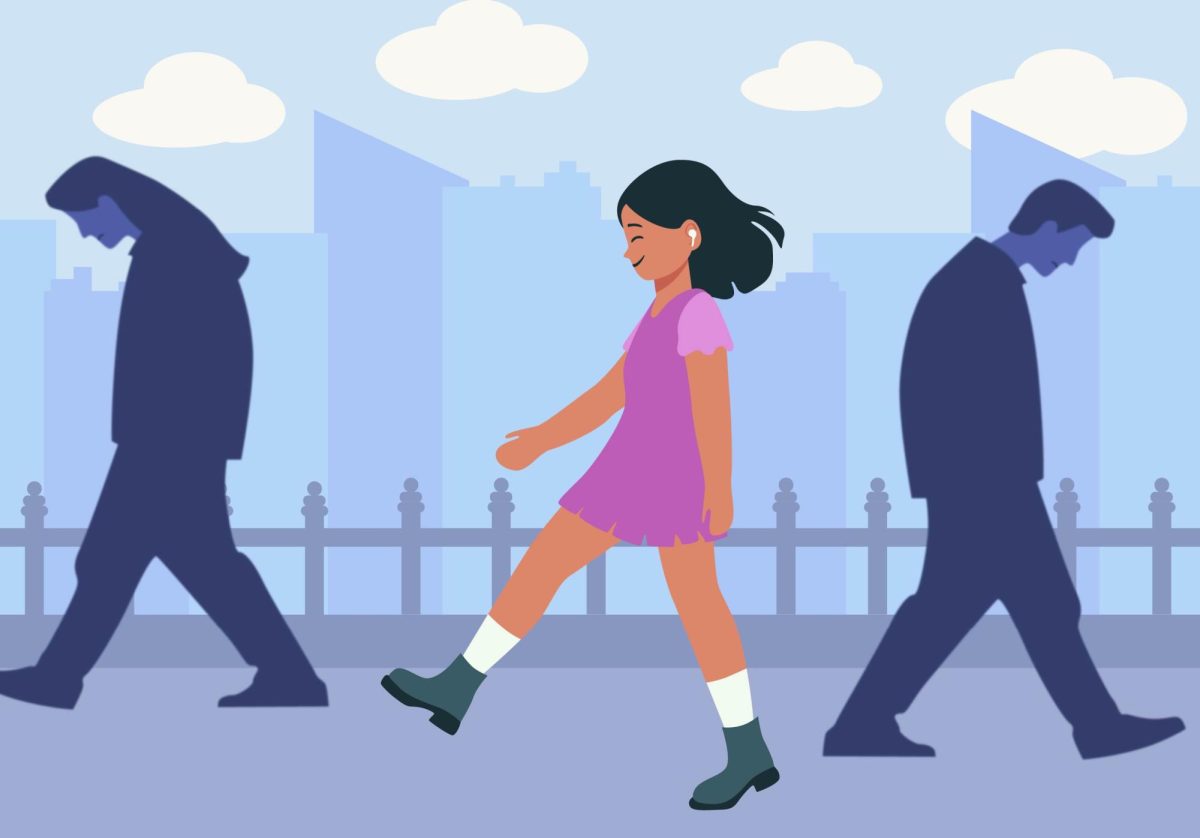A week ago, actress Alyssa Milano urged women who had been sexually harassed or assaulted to simply tweet two words: “Me Too.” In the aftermath of dozens of sexual assault allegations involving Hollywood producer Harvey Weinstein, she hoped that the campaign would help people gain a sense of the magnitude of affected individuals. The hashtag was tweeted nearly 1 million times in 48 hours, and included in over 12 million Facebook posts, comments and reactions within 24 hours.
“Me Too” is not an idea that is solely Milano’s – ten years ago, activist Tarana Burke started the “Me Too” movement to “radicalize the notion of mass healing” and create a space for healing in addition to a space for fighting back.” Over the course of this week, #MeToo has transformed from a way to draw attention to the sheer number of individuals who experience sexual assault or harassment to a space for survivors to connect and heal.
While some chose to tweet “Me Too,” use the hashtag, or share personal stories of sexual harassment or assault, other victim-survivors made the decision not to participate. In one Facebook post that went viral, social media specialist and feminist Wagatwe Wanjuki said that she wouldn’t say “Me Too” because, “men have always seen the gendered violence happening around them … they just haven’t done anything about it.”
The “Me Too” campaign has provided a space for victim-survivors to connect based on shared experience and heal. However, its original intent to bring more visibility to victims of sexual assault and harassment disproportionately places the burden of emotional labor on the victims themselves. Returning to Wanjuki’s post, she firmly asserts that, “it shouldn’t be on our shoulders to speak up. It should be the men who are doing the emotional labor to combat gendered violence.”
While it is imperative that we create space for victim-survivors to share their stories if they so choose, we must also consider the implications of framing campaigns like “Me Too” as bringing visibility. In this case, victim-survivors squarely bear the responsibility to essentially make their trauma public. Concurrently, this lifts responsibility from those who either perpetrate or do not experience sexual assault of harassment from becoming more personally involved in the issue. Essentially, survivors rather than perpetrators are expected to shoulder the brunt of emotional labor necessary to work towards a solution.
I’m not arguing that campaigns like “Me Too” aren’t important. This week, I have seen individuals of all genders come together on social media in solidarity with one another by sharing their stories within an empathetic space. Not only is this valuable, but it is also critically necessary. However, in creating spaces for victim-survivors, we must also consider the implications of the way in which we frame campaigns and movements. No one who has experienced sexual assault or harassment should be expected to recant their trauma and bear the brunt of the responsibility to bring visibility to an issue that perpetrators and those complicit should already be aware of.







